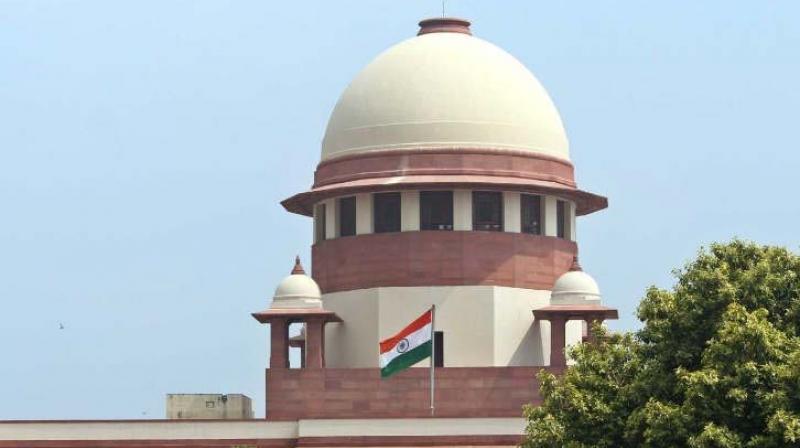Supreme Court has no say in female genital mutilation, says Abhishek Manu Singhvi
Quoting from religious texts, he demonstrated that this practice has been followed for centuries.

New Delhi: Female genital circumcision (FGC) is an integral aspect of religious practice of the Dawoodi Bohra community for over 1,000 years and the court cannot interfere with this faith, senior counsel Abhishek Manu Singhvi, argued in the Supreme Court on Monday.
Making this submission before a three judge Bench comprising the Chief Justice Dipak Misra and Justices A.M. kanwilkar and D.Y. Chandrachud hearing petitions from a plea against the practice of FGM, Dr Singhvi contended that FGC has the sanction of religious texts. He said this practice is an essential aspect of Islam and cannot be subjected to judicial scrutiny.
Quoting from religious texts, he demonstrated that this practice has been followed for centuries. When CJI asked counsel whether the practice could stand the test of constitutional morality, Dr. Singhiv said “My sense of morality may be outraged by various things. Is this what Article 25 says? Perception of morality shall differ…if the same Article protects essentiality, the morality which it envisages cannot be deemed to run counter to this essentiality.” The petitioner had alleged that FMG or ‘khatna’ is a practice prevalent among the Dawoodi Bohra religious community of Shia sect, as it is a crime and punishable offence. This practice is an age-old tradition in this community to mark the arrival of womanhood.

